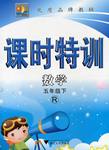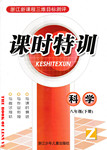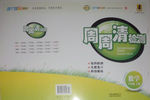题目内容
假定你是李华,你和父母在澳洲旅游期间于5月1日至2日入住Golden Bay Hotel酒店,但对其提供的服务不满意: 1. 搬运工送到房间的皮箱破损;
2. 卫生间漏水;
3. 楼下酒吧噪音持续到很晚,影响休息。请发电子邮件给酒店的管理者进行投诉,希望改进服务。
注意:1. 文章必须包括所有要点。可适当增加细节,以使文章连贯。
2. 词数100,文章开头结尾已给出,不计入总词数
3. 参考词汇:搬运工porter ; 漏水leak
Dear Manager,
My name is Li Hua. ______________________________________________________________________
____________________________________________________________________________________________________________________________________________________________________________________________________________________________________________________________________________________________________________________________________
Yours sincerely,
Li Hua
练习册系列答案
 名牌中学课时作业系列答案
名牌中学课时作业系列答案 明天教育课时特训系列答案
明天教育课时特训系列答案 浙江新课程三维目标测评课时特训系列答案
浙江新课程三维目标测评课时特训系列答案 周周清检测系列答案
周周清检测系列答案
相关题目


 t always easy.
t always easy. , they often reach excellent academic results.
, they often reach excellent academic results.